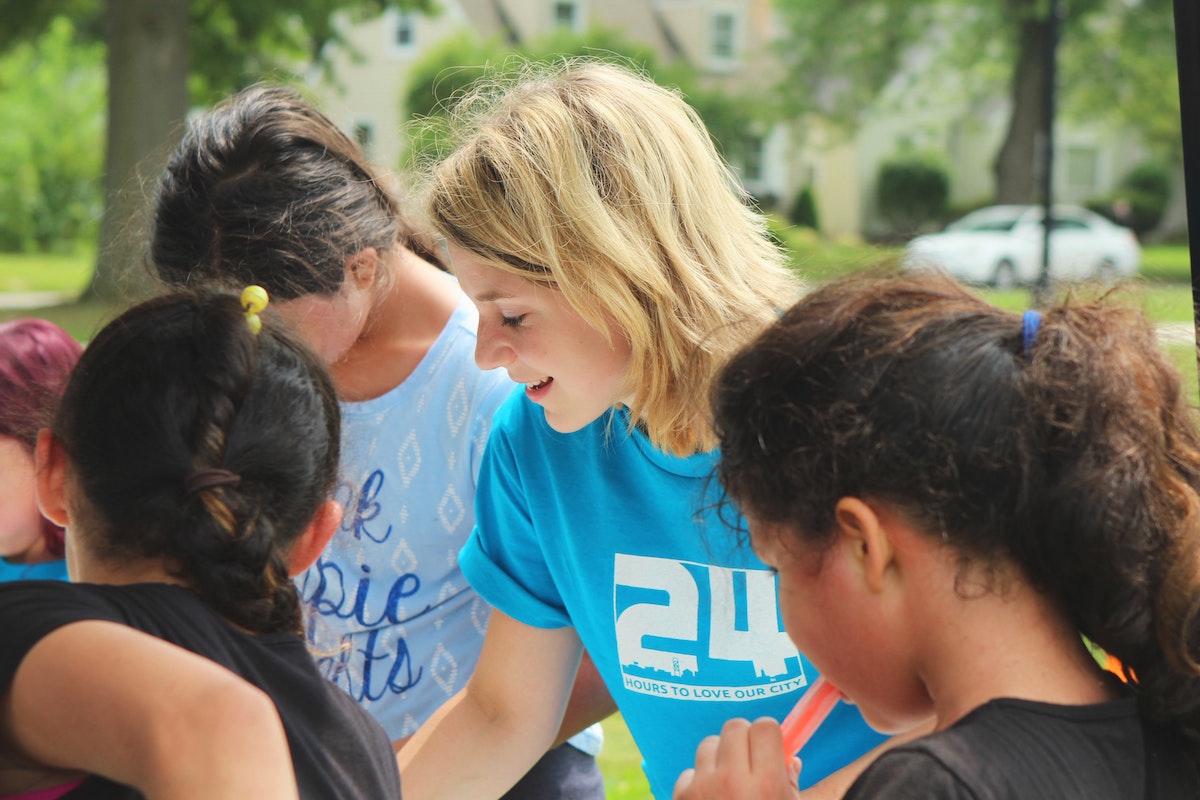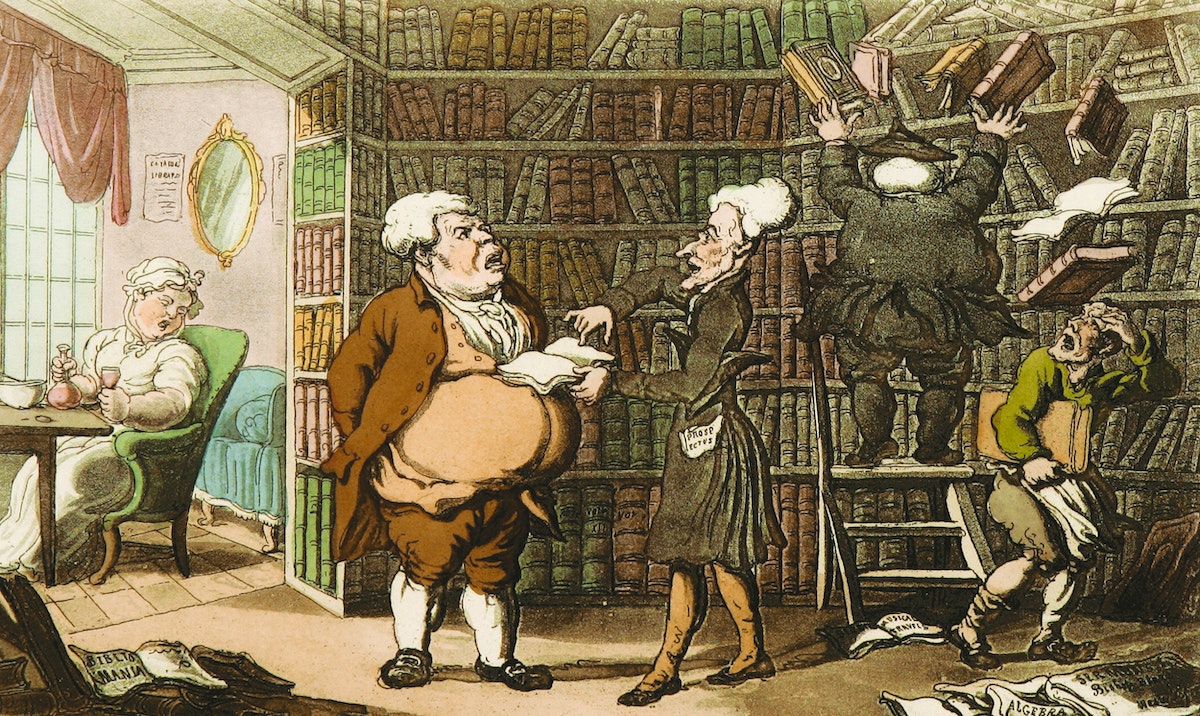It is with great pleasure that I am able to bring you the third issue of JUICE, the Journal of Useful Investigations in Creative Education. As I am writing this editorial, the Coronavirus pandemic is forcing people across the world to think and work more creatively. Workers in a great many sectors are having to …
Democratic Assessment: Using a students-as-partners approach to re-think assessment in Consumer Behaviour
Abstract This research aims to investigate and evaluate the introduction of students as partners approach to assessment design in Consumer Behaviour. The more democratic approach reflects more accurately the needs of the professional environment that these students hope to enter. I chose to use an action research methodology to intervene in my teaching and assessment …
Reading Proactively: A perspective on learning to become a reader and a reflection of the role of reading in creative education
Abstract Though technology is making access to reading easier, universities still see a significant lack of reading compliance. According to one study, only 5% of students complete over 75% of the given reading material. This article makes an honest observation on several factors surrounding this, exploring reading as a skill and attitudes and identities towards …
Teaching Multidisciplinarity
Abstract The Design Council (2018) urge Higher Education institutions to do more to break down discipline boundaries to educate the design innovators of the future. In the Design Council (2018) Design Economy Report, Multidisciplinary has been identified as the second largest industry subsector of design-intensive firms, as well as one of the major areas of …
Tracing routes to Higher Education through geographies of disadvantage: The contribution of creative arts outreach
Abstract Inclusive of socio-economic disadvantage, young people from a variety of backgrounds and characteristics are underrepresented in Higher Education (HE) in England. While attainment at secondary school strongly predicts whether a young person might go into HE, it is also difficult to disentangle attainment at Key Stages from the cyclical influence of prior disadvantage. Creative …
Through a glass darkly: learning to reflect
Abstract Ray Martin’s first experience of being asked to reflect (on her PGCE) was bewilderment. What exactly was wanted? It was never explained. And many years on, it is still difficult to meet a student (right through to PhD level) who has been taught how to reflect. Below is a collection of ideas and models …
Continue reading "Through a glass darkly: learning to reflect"
How might autobiography be useful in addressing the problems of gendered assessment?
Abstract As UK universities undergo unprecedented internationalisation, they are struggling to shape a plethora of cultural and social capitals into an educational environment that is fair and equitable for all. With existing concepts of social justice proving adequate, lecturers seek new interpretative models of inclusivity. This article questions whether present-day assessments somehow mirror the patriarchal …
Visualising transformative spaces for education: a focus on lecture halls, computer rooms and studios
Abstract One room, three learning spaces for creative education. This image-led investigation shows how a standard blank room can be effectively transformed into three different kinds of learning environments: a lecture hall, a computer room and a studio. Research has shown that effective design of teaching spaces is beneficial to the learning experience and contributes …
Reflecting on the inclusivity and accessibility of a learning space for textiles education
Abstract The aim of this reflection was to investigate the extent to which one of my teaching spaces is inclusive and accessible for my students that will be using it. With inclusivity and accessibility being increasingly discussed within a university setting, it felt important to look at the spaces I use when teaching my workshops …
The role of learning theories in the Illustration classroom
Abstract This essay reflects on the role of the main learning theories in the delivery of the illustration curriculum. Each theory is introduced by way of a brief summary. I then discuss its merits and / or drawbacks and show how it fits in with teaching illustration as a discipline. Having set the scene from …
Continue reading "The role of learning theories in the Illustration classroom"










